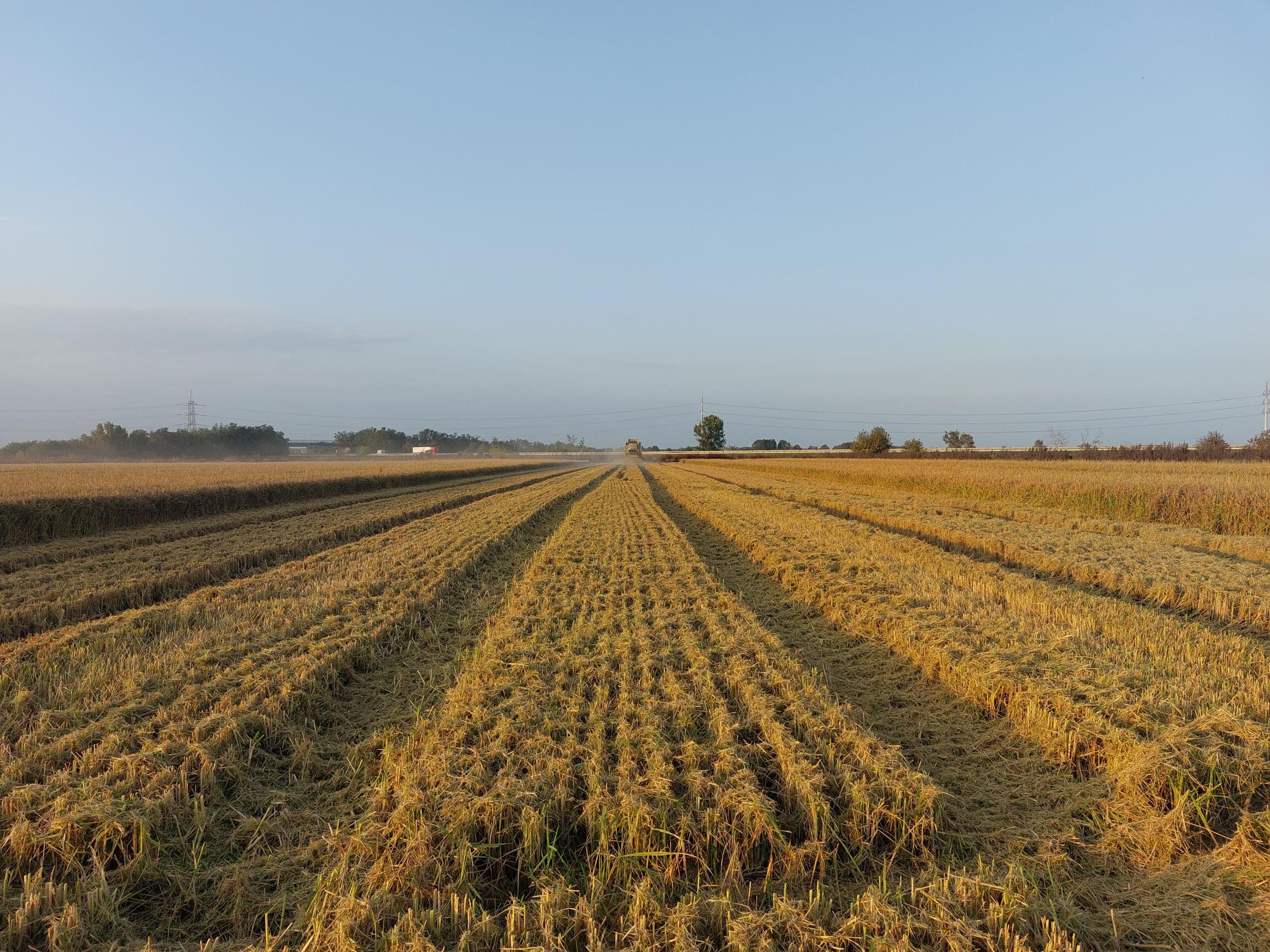BASF has announced the initial findings of its multi-year “Global Carbon Field Trials,” revealing the potential to reduce greenhouse gas (GHG) emissions in agriculture. Trials conducted in regions like Italy and Germany showed that GHG emissions from key crops could be reduced by up to 30%, presenting a roadmap for agriculture to contribute to climate change mitigation.

Tailored Solutions for Crops to Achieve GHG Emission Reductions
In the agricultural sector, sustainable practices are increasingly necessary to address climate change. Since BASF set the goal in 2020 to reduce GHG emissions per ton of crops by 30%, the company has intensified its efforts in this field. As part of this initiative, the “Global Carbon Field Trials” conducted from 2021 to 2023 have demonstrated the possibility of reducing GHG emissions in major crops. Through region- and crop-specific approaches, the trials showed that it is possible to achieve up to a 30% reduction in GHG emissions compared to conventional farming methods.
Field trials with key crops such as wheat, rice, and soybeans revealed that no universal solution exists to reduce GHG emissions. Instead, tailored approaches are required. For instance, rice trials in Italy, which utilized direct seeding and advanced water management, achieved up to a 16% reduction in GHG emissions compared to traditional methods. Similarly, wheat trials in Germany reported a 30% reduction, achieved through the use of digital solutions and nitrogen stabilizers.
BASF plans to continue collaborating with partners to develop sustainable farming technologies, with additional trials scheduled for Asia and South America. These efforts are expected to play a crucial role in helping agriculture build a sustainable future.
